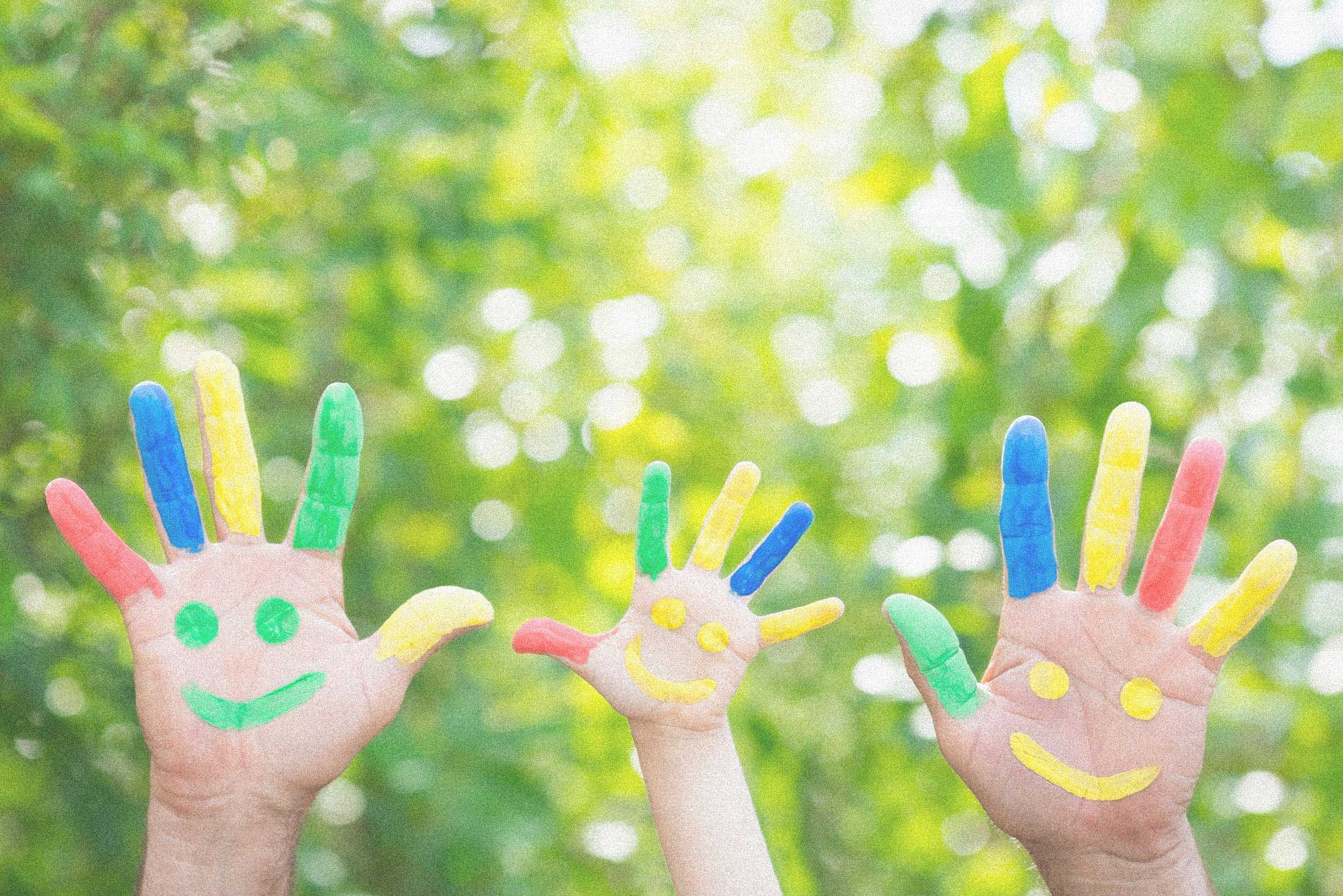The holiday season can be a joyful time, but for children in foster care or those who have been recently adopted, it can also be challenging. Many of these children may have difficult memories of past holidays or come from homes where celebrations were different or absent altogether. The contrast between the festive atmosphere around them and their own emotions can make this season particularly hard to navigate.
For children who are not spending the holidays with their biological families, this time of year may highlight feelings of loss and separation. It’s important for foster and adoptive families to recognize that while they may be creating new traditions, the child might be grappling with a sense of guilt or disloyalty to their birth family if they begin to enjoy the celebrations. Offering space for children to express these complex emotions is crucial. Encourage them to talk about what the holidays mean to them and any traditions they remember from their past. Where possible, try to add some of these traditions into your own holiday plans to help them feel more connected.
Additionally, some children may come from different cultural or religious backgrounds, and honoring these differences can be an important way to support their sense of identity and belonging. Exploring how their traditions can be incorporated into the season shows respect for their unique heritage and reinforces the value of their past.
It’s also essential to be sensitive to how these children might feel in school, where projects like family trees or assignments about holiday traditions may arise. These activities can be emotionally challenging, reminding them that they are not with their family of origin. Working with teachers can be beneficial; consider asking them to offer alternative assignments that allow children to share their unique traditions or create projects like “What Holidays Mean to Me.” This can help them feel included and valued, especially if typical projects might evoke feelings of being left out.
As you navigate the holidays, here are a few tips to keep in mind:
- Prepare ahead of time: Talk with your child about the upcoming holidays, the traditions you follow, and the possibility of including some of their past traditions.
- Recognize their feelings: Allow your child to express their sadness or grief. Not every moment will be joyful, and that’s okay.
- Involve family members: If extended family is coming over, prepare your child for the personalities they might encounter. Also, remind your family to treat your foster or adopted child as part of the family, especially when it comes to gift-giving.
- Look for signs of emotional struggle: Be attentive to signs of depression, anxiety, or regression. These are normal reactions to the emotional complexity of the season, especially for children in care.
As Farrah Bakhshi, Director of CK Behavioral Health, shares: “Remember, the holiday season is not just about the decorations, meals, or gifts. It’s about fostering a sense of belonging, providing consistency, and offering a safe space where every child feels valued and loved. With preparation, understanding, and compassion, you can help make this season meaningful and comforting for the child in your care.”
If you feel that a child in your life might benefit from Behavioral Health services, learn more or make a referral below.
Written by Tina Clark, Community Engagement Liaison
Clinically Reviewed by Farrah Bakhshi, Director of Behavioral Health

